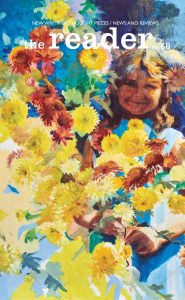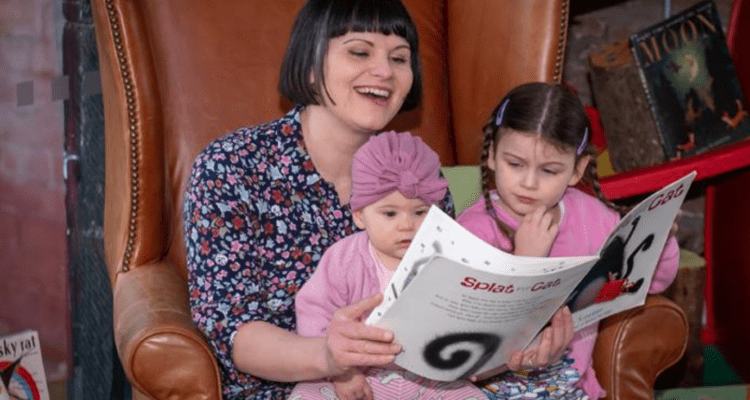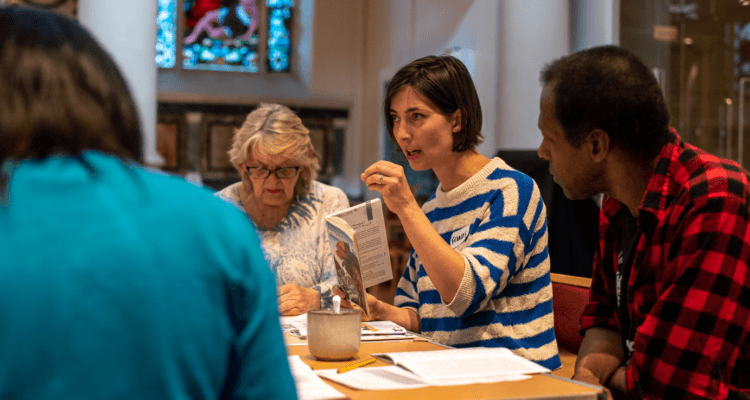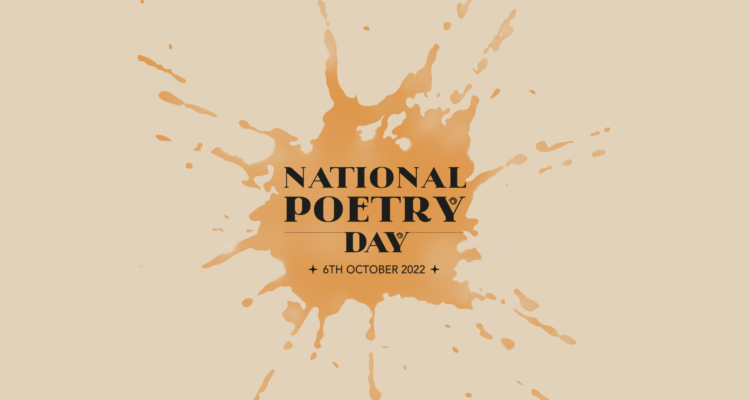The Reader 68
A new year, a new edition of The Reader magazine with a wealth of new thinking, fiction and poetry to delight, inspire and entertain.
Where to begin with Issue 68?
Perhaps with Reader patron Frank Cottrell Boyce who not only treats to new fiction with short story Burning Bush, but has also written a piece on AA Milne following the cinematic success of Goodbye Christopher Robin, for which Cottrell Boyce wrote the screenplay.
"I used to believe that the war could not go on forever, said the Father. I don't believe that any more. Maybe this war will go on forever. No one knows what it's for. No one knows how to end it. All we can do is escape."
Frank Cottrell Boyce, Burning Bush
Or maybe you'd rather hear about our interviews with actors Craig Parkinson (Misfits, Line of Duty, Four Lions) and Michael Balogun (RADA graduate and star of Peoples, Places and Things).
Parkinson talks to The Reader's Fiona Magee about his new podcast Two Shot Podcast which explores the highs and often crippling lows of the acting profession and turns a spotlight on 'other' voices (lower classes, less privileged) within the industry who are represented less and less as a result of rising drama school fees.
Michael Balogun is one such voice - a convicted criminal and RADA graduate who rediscovered a love of reading during his first spell in prison and after having new literary worlds opened up to him, discovered an ambition to act.
"I was suffering from mental health issues, I was smoking a lot or spice, couldn't sleep. And one day, I said to myself, 'If I don't figure out, tonight, what I'm going to do with my life. I'm going to kill myself.' It was about five o'clock in the afternoon and I decided I'd give myself twelve hours to figure something out, and if I didn't, that was it. I made a noose and I just closed my eyes and started thinking about everything. That's when the universe - or whatever if was - gave me the idea about acting."
Michael Balogun
And to follow that we've also got a follow up from Elizabeth Bonapace, a Masters student at The Shakespeare Institute who last year introduced us to her autistic son, L. In Issue 64, Bonapace explored how reading Shakespeare unlocked communication for L, and in the latest magazine, follows up their journey together with the bard.
"Shakespeare aptly describes love in his sonnets as an aloe, bitter but also a healing balm for life's challenges. The love that a mother has for her child is certainly powerful enough to overcome any shock or fear, and it was our aloe in rebuilding a new way forwards. It is our aloe today as I realise just how far we have come since that diagnosis."
In New Thoughts, our regular writer Ian McMillan contemplates Fathers and Sons and the lessons learned and seemingly inevitable habits that one hands down to the other.
"And that's another important lesson passed down from father to son: not everybody has to like the same books. It doesn't matter if you like a book that nobody else gets."
And McMillan's words will have particular meaning for another of our writers, his son, the poet Andrew McMillan is The Poet on his Work, dissecting the rather personal poem First Time. McMillan (Jr) reflects that there is an important balance to be found in the writing of poetry:
"Poetry can't just be a diary entry, or a one-way therapy session for the writer; the job of a poem ... is to get at the 'truth' of something."
As to what poetry, or literature, should do, elsewhere in the Winter edition, Wilbur Sanders asks "Who Owns Literature?", bringing books forth out of dusty academic buildings and thrusting them into the hands of the people.
"The Good Cause of which I've appointed myself spokesman, then, is the cause of the Common Reader. And the enemy is the pedagogic elite who in our age (and for the first time in history) have claimed proprietorial rights over literature."
Brian Nellist brings forth other works of fiction which may have been neglected in the mists of time, with The Old Story from Sherwood Anderson (The Untold Lie) and an old poem from Jonathan Swift (Stella's Birthday, 1725).
There's also a wealth of new poetry to be enjoyed from Richard Meier, Matthias Weaver, John Levett and Iain Britton. And with our usual suspects lining up with their latest columns, there's plenty more to enjoy in this Winter edition.
From Stateside, Enid Stubin reflected on the need for hope as she enjoyed a brief moment of calm among the Thanksgiving preparations back in Novemeber. From Reader HQ, Jane Davis champions Sam Guglani's philosophy that medicine and art need to meet, and Grace Farrington reflects on Blanks, "the fear of the blank, the possibility that I have nothing to say, or that there is a nothing where I want to able to offer a something."
 Subscribers to The Reader should already have hands on the beautiful Issue 68 and it's also available for sale as a single edition on our website.
Subscribers to The Reader should already have hands on the beautiful Issue 68 and it's also available for sale as a single edition on our website.
Share
Related Articles

Reader Revisited: Reading with Looked-After Children by Grace Frame
We're taking a trip down memory lane and revisiting articles from The Reader Magazine. This article first appeared in issue…

Meet The Reader: Staff Spotlight with Frances
Saturday 30 September is International Podcast Day so this month we got chatting to Frances MacMillan, the Head of Literary…

National Poetry Day 2022
To celebrate National Poetry Day 2022, The Reader has created a new poetry anthology exploring this year's theme, The Environment.…


